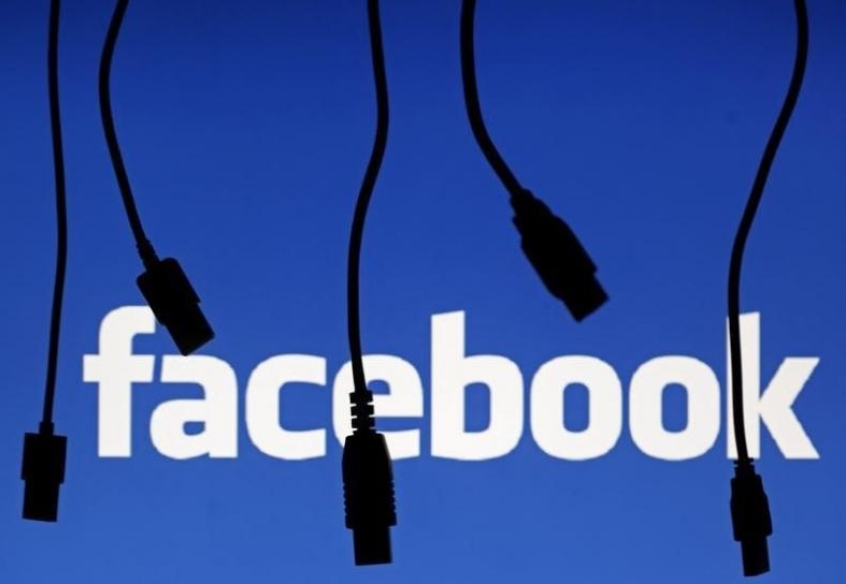
Taking some time off from using Facebook could be the key to reducing a person's stress levels, a recent study has suggested.
A study published in the Journal of Social Psychology has found that giving up Facebook for a period of five days had resulted in a lower level of stress hormone cortisol in people.
Researchers at the University of Queensland conducted the study to measure stress levels of active Facebook users by collecting saliva samples from 138 participants at the beginning of the five-day period and comparing them to their cortisol levels at the end of the study.
One group of participants was instructed to give up Facebook for five days, while another group was allowed to use the social media platform as they normally would.
Apart from measuring cortisol levels, the researchers also asked the participants about their life satisfaction, stress, mood and loneliness at the beginning and at the end of the study.
"Our research shows that 'quitting' Facebook for just five days is enough to reduce one's levels of the stress hormone cortisol. The control group, who didn't give up Facebook, did not show this," Eric Vanman, a senior lecturer at the university's School of Psychology, told Psypost.
Vanman, the lead author of the study, said that while stress levels went down for users who gave up using Facebook, they reported feeling less satisfied with their lives. "Many were openly happy when the study was finished because they could return to Facebook," he said.
Vanman said that the idea for the study was inspired by his own experience in refraining from using Facebook from short periods of time. One interesting finding, he said, was that the people in the 'No Facebook' group actually spent more face to face time with other people during one Sunday that fell in the five-day test period.
"When I told colleagues about my 'Facebook vacations,' I found I wasn't alone," he said, according to the Daily Mail. "Others admitted that they took similar breaks from Facebook when they found it too stressful or overwhelming - quitting Facebook for several days or weeks but then reconnecting," he added.
Vanman said they were not able to determine whether cortisol levels could start increasing again even before a person resumes using Facebook. He and the other researchers now want to conduct further studies to observe the effects of abstaining from social media on cortisol over longer periods of time.
"However, our initial findings here suggest that people should try to take breaks from Facebook whenever they feel like it's getting to be 'too much," he said.













